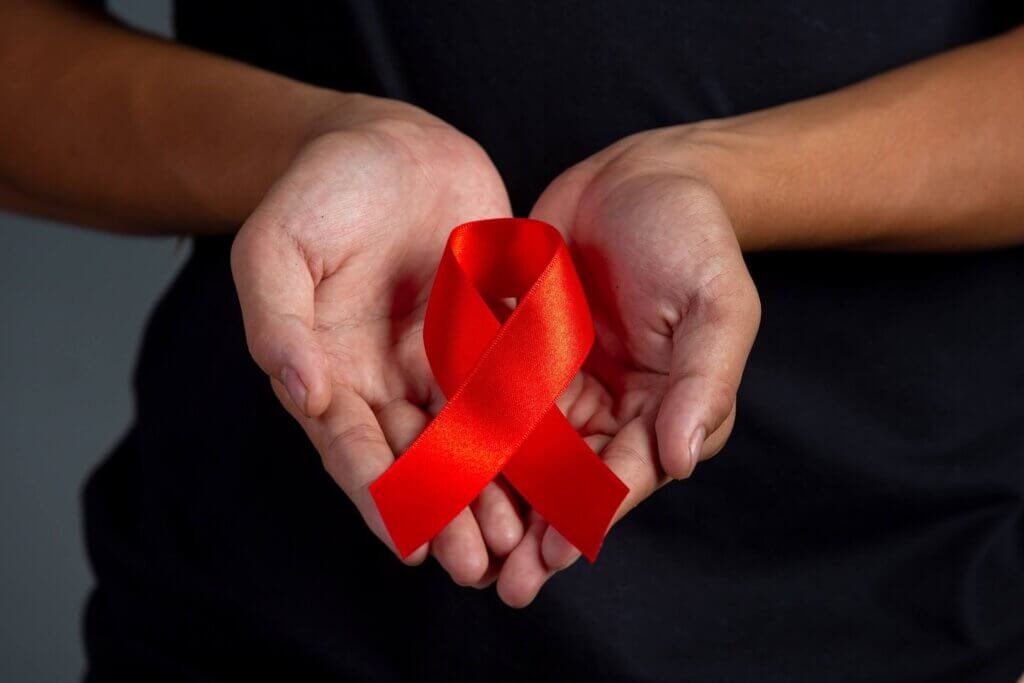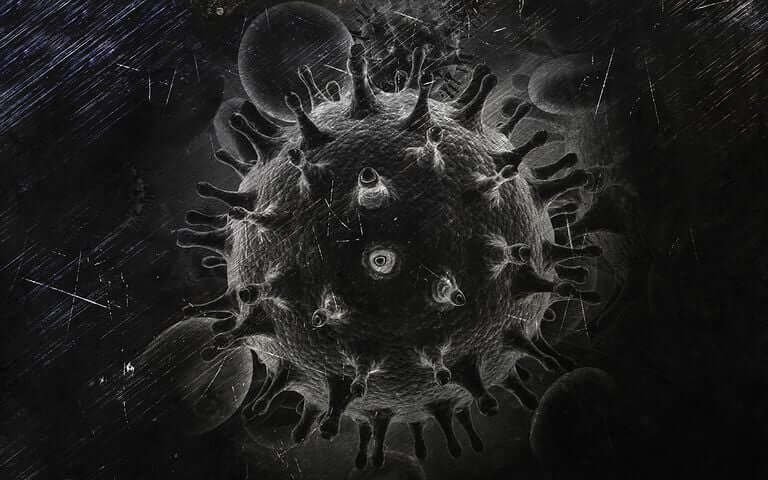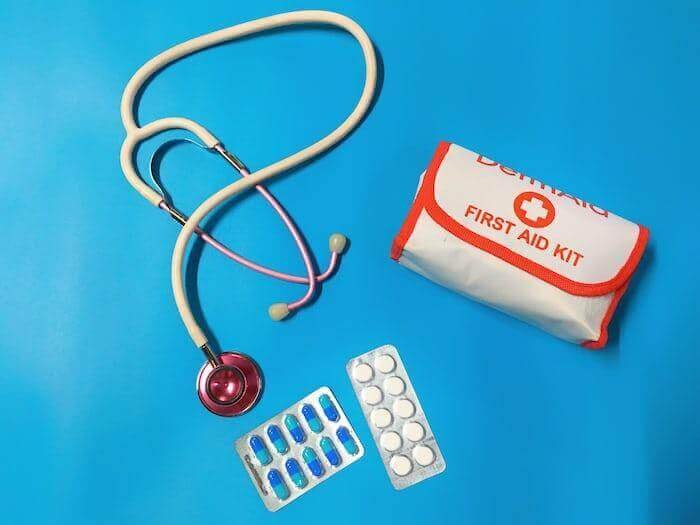HIV and AIDS are two of the biggest challenges we face worldwide. The incidence of HIV and AIDS is rising rapidly. Thousands of people are becoming ill and dying every week, and more and more children are being orphaned. As more people have become ill, the impact of AIDS has been felt in virtually every community, and most of us don’t even know the causes of HIV/AIDS, AIDS symptoms, or even the difference between HIV and AIDS.
Intending to spread awareness, The Daily Top 10, the World’s #1 Source of Research-Based Content, has created a list of the top 10 most important facts about AIDS everyone should know, which will help you learn more about the disease and prevent it.
Why Should You Need To Know About AIDS?
First and foremost, HIV stands for Human Immunodeficiency Virus. According to the WHO, HIV targets the immune system of humans, and also it weakens the defense against infections. Infected humans gradually become immunodeficient as the virus destroys the immune cells of the body. If it’s not treated, it can lead to AIDS, which is Acquired Immunodeficiency Syndrome. So, it is essential to know about AIDS. That information is necessary to know while knowing the most important facts about AIDS.

Here are the top 10 most important facts about AIDS you should know so it can help you remain healthy and happy for many years to come, whether you are infected or not.
TOP 10: What is HIV?

HIV stands for Human Immunodeficiency Virus, which attacks the human body’s immune system and might lead to AIDS if not treated.
HIV weakens the immune system of the body, and thus, the body attracts some diseases since it has not had enough power to fight against them. No cure is effective currently, and it is a known fact that HIV is for a lifetime if it gets infected. But it can be controlled using the care of medicine, the CDC mentions.
TOP 9: What is AIDS?

This is one of the most important facts about AIDS that should be considered. According to the AMFAR, Acquired immunodeficiency Syndrome is known as AIDS, which is the advanced stage of HIV. This virus attacks the body’s immune system which causes people to be prone to serious diseases very quickly and easily.
TOP 8: In-Home HIV Tests Work

In July 2012, the U.S. The Food and Drug Administration (FDA) approved the OraQuick In-Home HIV Test, providing consumers with the first, over-the-counter oral HIV test able to provide confidential results in as little as 20 minutes. The FDA approval was welcomed by many community-based organizations, which have long cited the benefits of in-home testing at a time when 20% of the 1.2 million Americans infected with HIV are entirely unaware of their status, and one should be aware of this while considering essential facts about AIDS.
TOP 7: HIV-Infected People Should Be Treated Right Away

Normally HIV symptoms are not much visible until months. But as soon as someone gets to know that they are infected with HIV, they should seek medical attention, and this is one of the most important facts about AIDS that should be considered.
When it comes to AIDS treatment options, knowing some basic terms and essential facts about AIDS can be helpful. Though there is no cure, the HIV viral load (the amount of virus in the blood) can be reduced using medications. This reduces the risk of progressing HIV into AIDS, which might result in death. Therefore it is vital to take medical care as soon as someone is aware of the HIV infection, OASH mentions.
TOP 6: AIDS Cannot Be Cured

Up until now, there is no cure found for AIDS. Though vaccines are the most effective way to cure most diseases, with HIV, it is hard as the virus tends to change over time. But with the development of medicinal technology, women’s amount of HIV in the blood can be reduced to a certain amount, where it is undetectable. Getting this undetectable viral load reduces the risk of progressing HIV into AIDS.
But one thing that is to remember is an undetectable viral load does not mean that the patient is free from HIV. And also, it can still be passed to others as expected. Still, researchers are going on to find a cure for AIDS, but in the meantime, infected women are also spending their lives as regularly as other women.
TOP 5: Risk of Transmission

This is one of the most important facts about AIDS that everyone should know. Having sex with an HIV-infected person is risky, but if the virus is suppressed through medications, it is safe to have sex with an infected person. And also, sharing razors with an infected person is not advisable as the virus might spread through it very quickly. It is a must to sterilize tools like razors and knives when sharing with an HIV-infected.
TOP 4: How Does it Spread?

AIDS spreads mainly through body fluids like blood, breast milk, seminal fluids, and vaginal fluids. Infections due to sex are one of the most known ways it spreads. The sexual transmission includes anal sex, vaginal sex as well as oral sex. According to UNAIDS, the risk of HIV transmission is 10 times higher through anal sex than through vaginal sex. In comparison, oral sex is stated as a low-risk way of HIV transmission.
Not only through sex but also through needles and syringes, HIV transmission is possible. Using disposable needles or sterilizing can minimize the risk of spreading HIV when people are injected with drugs. Moreover, HIV can spread from mother to child as well. During pregnancy, labor, and breastfeeding, HIV can transmit from mother to child. While breastfeeding, viruses can transmit through breast milk.
Further, one of the high-risk ways of HIV transmission is through a blood transfusion to patients. It is vital to direct more and more attention to blood safety standards while blood transfusion and also when using blood products. Being aware of these important facts about AIDS is very important as it is one of the primary ways of preventing HIV.
TOP 3: Symptoms Might Look Normal

Symptoms recognition is one of the important facts about AIDS that should be known by everyone. Immune function is measured by CD4 cell count generally, and if it’s below 200 cells per cubic millimeter of blood, that person is considered as he/she is advanced to AIDS. The symptoms of AIDS depend on the stage of the infection. In general, its symptoms are more like the symptoms of the flu. Most people are unaware of the infection in the first few months.
After the first infection, in the first few weeks, people might feel influenza-like illness with fever, rash, sore throat, and headache or no symptoms to be seen at all, WHO states. But they can develop other symptoms as well as weakens the immune system. Swollen lymph nodes, loss of weight, diarrhea, cough, and fever can be seen among them.
Treating these as soon as you know about them is crucial. If not treated, it also might lead to many other severe diseases like tuberculosis (TB), cryptococcal meningitis, and bacterial infections. Cancers like lymphomas and Kaposi’s Sarcoma are also possible due to this condition, according to the World Health Organization (WHO).
TOP 2: Prevention

Though AIDS is incurable, it can be prevented as “prevention is better than cure.” AIDS mainly spreads through the body fluids of a person who has HIV. Fluids can be blood, sperm, pre-seminal fluids, rectal fluids, vaginal fluids, and breast milk, according to the CDC.
AIDS can be prevented by using condoms correctly when having sex and not injecting drugs; if you inject use sterilized equipment and avoid sharing equipment like needles and razors with others. If you are worried or at risk of having AIDS, you can take advice from a healthcare provider about PrEP (pre-exposure prophylaxis). And taking medicines daily to reduce the risk of having AIDS through sex and drug injection is involved with PrEP, mentions NIH.
TOP 1: Death Toll from AIDS

Since the start of the epidemic, around 84.2 million people have been infected with HIV, states UNAIDS. Not only that, around 40.1 million have died due to HIV-related illnesses. This is one of the top most important facts about AIDS that everyone should know.
According to Statista, critical figures for the global AIDS epidemic as of 2021 are shown, people living with HIV are estimated at 38.4 million, People on HIV treatment are estimated as 28.7 million, new HIV infections are 1.5 million, and the number of AIDS-related deaths shown as 0.65 million. The highest number of AIDS cases are reported in Sub-Saharan Africa, with two third of people with HIV in total amount.
What is the Most Important Fact About AIDS?
The above top 10 most important facts about AIDS are equally significant to know, and these critical facts surely can be lifesaving. Awareness of severe diseases like HIV is also vital, and spreading awareness of these 10 essential facts about AIDS should be promoted.
Here are the top 10 most important facts about AIDS for you to remember again.
- Death Toll from AIDS
- Prevention
- Symptoms Might Look Normal
- How Does it Spread
- Risk of Transmission
- AIDS Cannot be Cured
- HIV-Infected People Should be Treated Right Away
- In-Home HIV Tests Work
- What is AIDS
- What is HIV
We hope our list helped to get the answers and knowledge you have been looking for. So, if you are interested to read more articles like this, you can definitely subscribe to our newsletter now!


Top 10 Best and Easiest Frozen Yogurt Recipes to Try Today
Top 10 Best & Biggest Private Hospitals in the World (Updated)
Top 10 Biggest Blockchain Companies to Follow on LinkedIn (2022)
Top 10 Major Reasons Why Homework Should be Banned
Top 10 World’s Best Fitness Trends to Know in 2021
Top 10 Countries in the World With Best Data Privacy Laws (Updated)